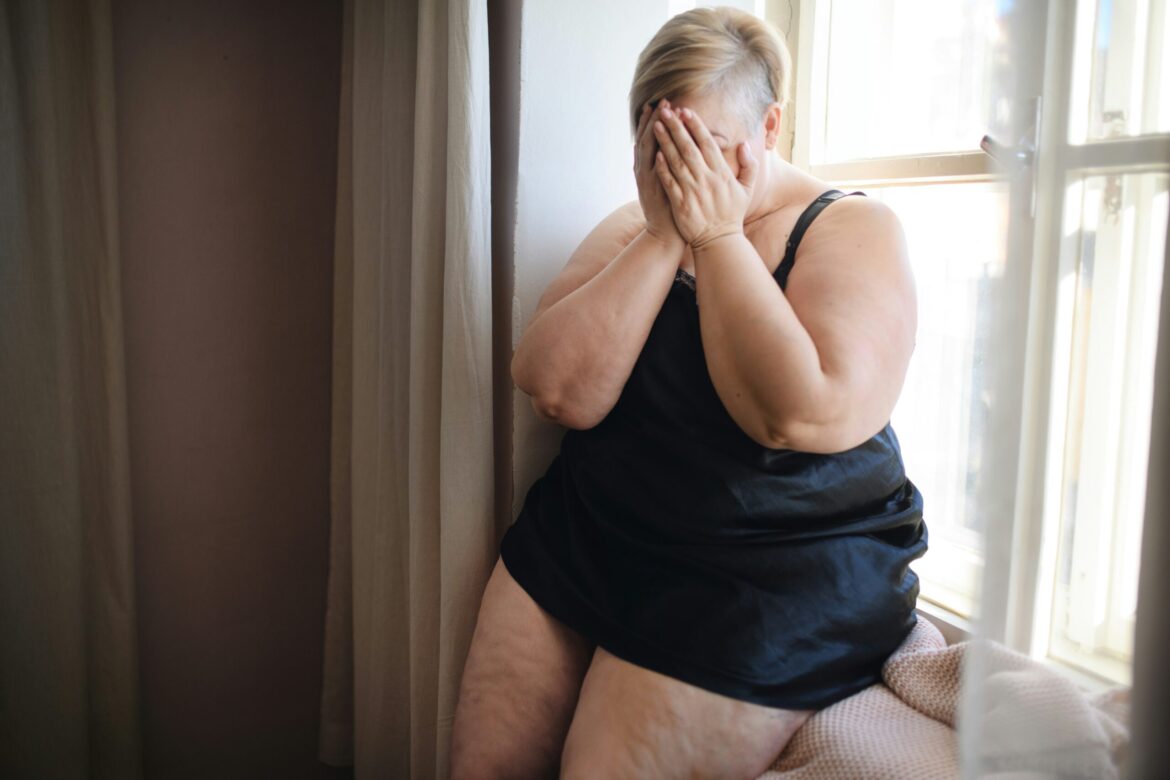Richard Curtis Reflects on Fat-Shaming Jokes in Love Actually
Love Actually director Richard Curtis has openly expressed his regret over the fat-shaming jokes in the film, acknowledging that these moments are no longer considered acceptable. Speaking at the Cheltenham Literature Festival in October 2023, Curtis reflected on how he failed to recognize the negative implications of these jokes at the time.
Now 66, Curtis shared an enlightening conversation he had with his daughter Scarlett years ago. She told him, “You can never use the word ‘fat’ again.” Curtis admitted that he was initially shocked by her comment but now recognizes the wisdom behind it. “I think I was unobservant and not as clever as I should have been,” he confessed. “Those jokes are no longer funny.”
Body-Shaming in Love Actually and Other Films
In the 2003 holiday classic Love Actually, one of the most controversial aspects of the film involves body-shaming jokes directed at Natalie, played by Martine McCutcheon. The character endures repeated insults about her body, including being called “plumpy” by her father and having her “huge thighs” remarked upon by a colleague. One of the more troubling scenes shows Prime Minister David (Hugh Grant) commenting on Natalie’s weight after she jumps into his arms, making her body a focal point of the scene.
Although the film remains a holiday favorite for many, Curtis now acknowledges that these moments contribute to a harmful narrative about body image. In today’s more body-positive culture, these jokes are increasingly seen as outdated and insensitive. Curtis’s reflection highlights the changing standards in media, where such humor is no longer deemed acceptable.
Acknowledging Past Mistakes in Other Films
Curtis’s reflections on body image go beyond Love Actually. He also addressed the lack of diversity in his earlier works, such as the 1999 romantic comedy Notting Hill, which starred Julia Roberts and Hugh Grant. Curtis admitted that he was “sort of wrong and stupid about that,” acknowledging that growing up in a predominantly homogeneous environment may have influenced his failure to write more diverse characters. “I wish I’d been ahead of the curve,” he said, recognizing the need for greater inclusivity in his past projects.
The lack of diversity in Love Actually has also been a point of contention. In a 2022 interview, Curtis admitted that the film now feels “out of date” and that he regrets not making more conscious efforts to reflect society’s changing norms. This admission aligns with broader conversations in Hollywood about the importance of diversity and representation in media.
The Impact of Body Image in Film
Curtis isn’t the only filmmaker reflecting on body image in film. Actress Renée Zellweger, who gained weight to play Bridget Jones in Bridget Jones’s Diary, has spoken about the public’s fixation on her figure. After the film’s release, Zellweger was constantly asked about her weight loss, which she found frustrating. She shared how it saddened her that society seemed to equate one body type as “acceptable” while devaluing others.
Zellweger explained, “It seems to imply that one way of being is acceptable and the other way is invaluable.” She added that Bridget’s success in the film should challenge the notion that only one body type is deemed attractive, underscoring the importance of inclusivity in the portrayal of women in film.
Moving Forward
Richard Curtis’s reflections on his past films reveal an evolving awareness of how cultural shifts are reshaping our understanding of body image and diversity in media. As Love Actually continues to be a beloved holiday classic, Curtis’s acknowledgment of the film’s fat-shaming jokes serves as a reminder of the progress we’ve made, while highlighting the work still left to do in creating more inclusive and body-positive narratives in entertainment. Curtis’s journey of growth mirrors the larger industry shift toward better reflecting the values of today’s audiences, with an emphasis on inclusion, sensitivity, and respect for all body types.


